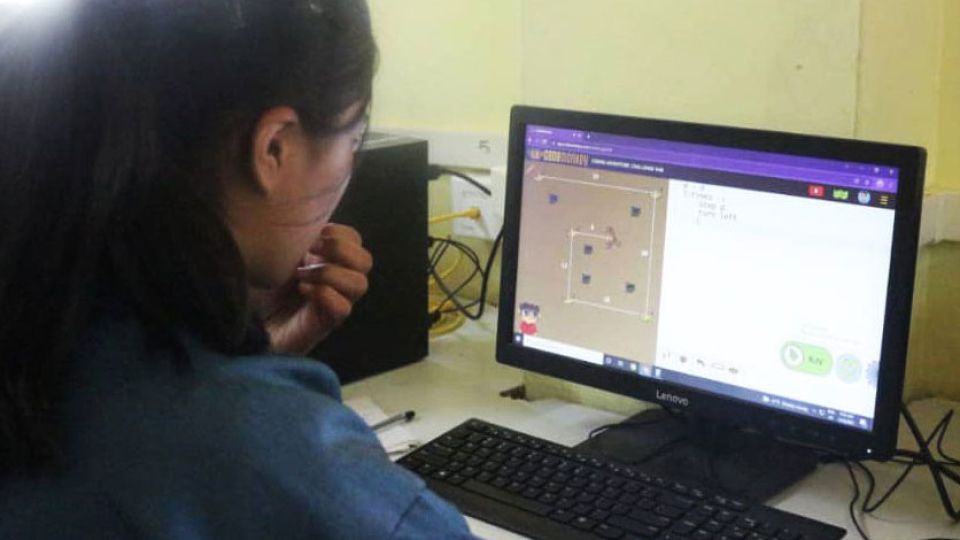August 5, 2024
THIMPHU – The education flagship programme implemented in the 12th Plan by the previous government achieved successful digitisation of all schools across Bhutan, according to the Ministry of Education and Skill Development (MoESD).
The programme aimed to equip schools with modern, technology-based learning facilities to meet 21st-century educational standards.
With a budget of Nu 0.9 billion (Nu 900 million), the flagship programme focused on digitising schools in all dzongkhags and enhancing the digital skills of both teachers and students.
Key initiatives included installation of computers, connecting all schools to high-speed optic fibre, and making ICT a mandatory subject from classes PP to XII. The programme also trained teachers and ICT lab assistants to support the new curriculum.
Former Prime Minister Dr. Lotay Tshering highlighted these accomplishments during a Meet-the-Press session in December 2022, stating that all schools were equipped with internet facilities and IT labs.
As part of the initiative, the ministry distributed computers and projectors to all schools, including extended classrooms (ECRs), based on specific criteria to ensure fair distribution.
Each ECR and small primary school received at least five computers and one projector. The ministry considered factors such as school level, student population, and number of sections, ICT periods, and existing computer resources in the allocation process.
The Digital Flagship Project, managed by the former Department of Information Technology and Telecom (DITT), now GovTech, connected all schools with high-speed optic fibre, with seven primary schools instead receiving satellite connections. However, ECRs were not included in this rollout.
The Education ICT Flagship Project also established internal connections within schools and ICT labs, providing comprehensive internet access.
A major component of the flagship programme was the thorough review and update of the ICT curriculum. This task involved collaboration between ICT educators, college professionals, the DITT, the Bhutan Council for School Examinations and Assessment (BCSEA), and MoESD.
The review team integrated global best practices with local insights to define the essential digital skills and knowledge required for students to succeed in the 21st century world.
The team considered factors such as students’ existing digital knowledge, age appropriateness, and the availability of digital infrastructure in schools. “This approach facilitated the identification of key digital competencies that students need to develop at different key stages,” the ministry stated.
The new ICT curriculum is now mandatory for all students, starting from class PP to class XII. Students from class PP to VI have two periods per week, while those from classes VII to XII have three periods per week.
The ministry has also introduced a competency-based approach, where students are expected to achieve specific digital skills by the end of each class or key stage. Under this framework, competencies are organised into four broad themes: technology operations, communication and collaboration, safety and ethics, and coding.
This structured approach ensures that students develop a comprehensive set of digital skills relevant to their educational and future professional needs.
The revised ICT curriculum emphasises essential digital skills for the 21st century, including digital literacy, information literacy, digital content creation, media literacy, online communication and collaboration, digital safety and security, and cyber wellness.
An innovative addition to the curriculum is the introduction of coding classes from pre-primary onwards. Students begin with unplugged coding activities and progress to block coding and script coding as they advance. The CodeMonkey online platform is used for teaching coding to students in classes PP to VIII, with Python coding introduced in classes IX to XII.
While the ministry has announced the successful integration of ICT facilities in schools, some schools continue to face challenges, such as insufficient computers and inadequate internet connectivity.
The ministry has acknowledged these issues and stated that they will be addressed as part of the current plan to ensure that all schools benefit from the digital advancements.


